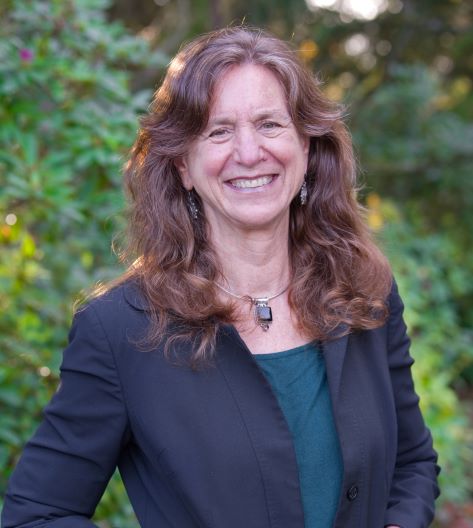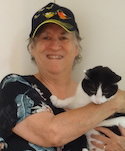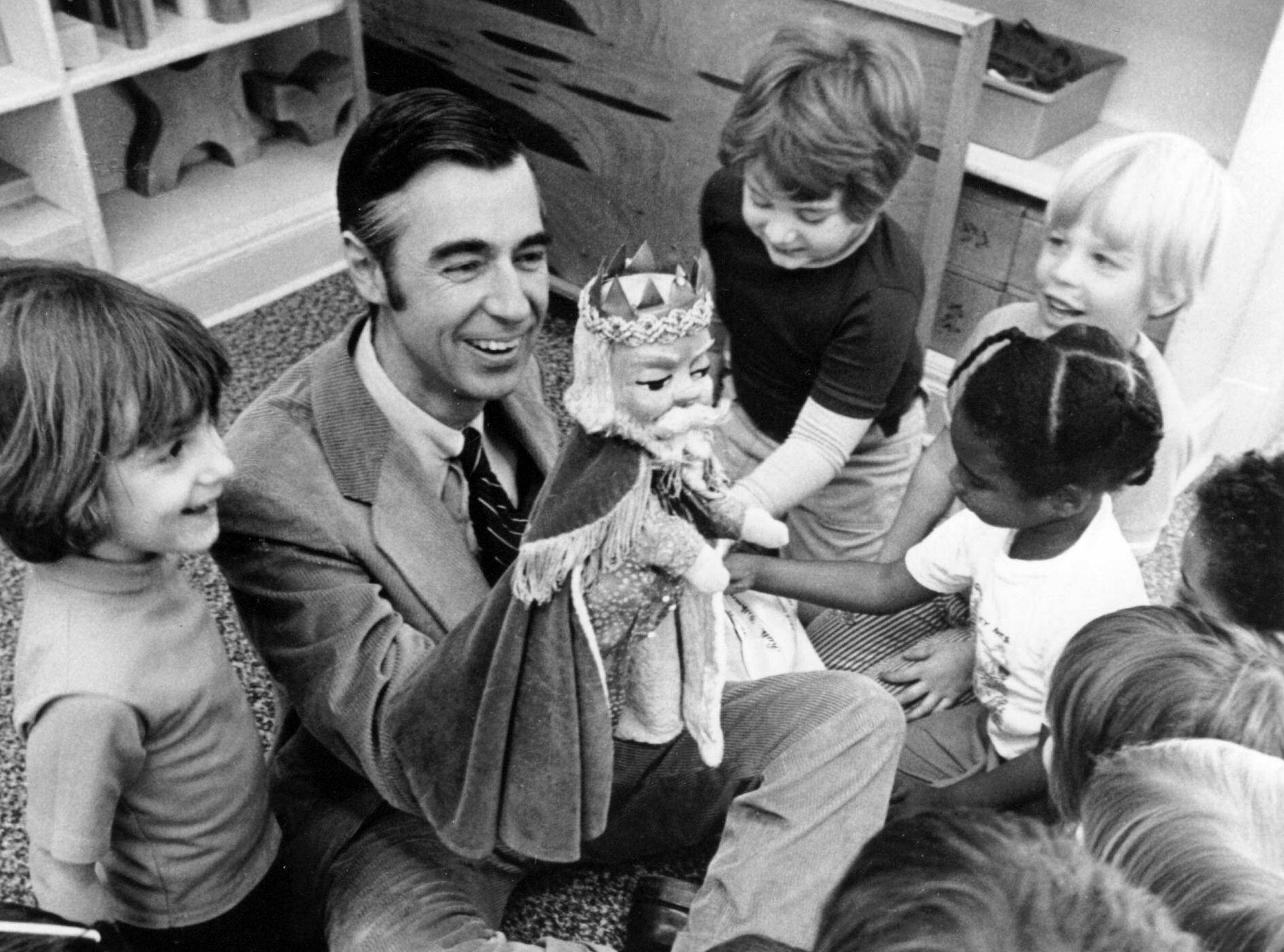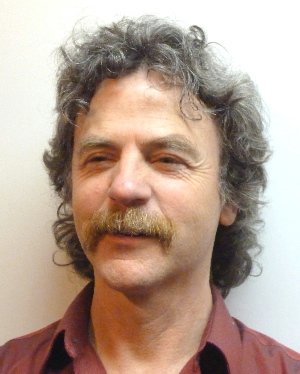February 2021; issue 1.2
Contents
- “Peaceful Communications
in Turbulent Times,” Dee Knapp - “The Power of Words,” Julie Eriksen
- “Calling Mr. Rogers,” Lila Henderson
- Resources for Peaceful Communication
- Quotes about Peaceful Communication
- Ongoing features:
- Announcements
- Words from our Director
- Action Ensemble
- Whatever happened to
. . . Geoff Cole
Peaceful Communication
“Peace is not the absence of conflict, but the ability to cope with it.”
— Mahatma Gandhi
The focus of this issue of Peace & Justice is peaceful communication. When individuals learn these skills and apply them in their own lives, the work to bring about social change for a peaceful and just world can be that much more effective. Peaceful communication is rooted in strength. Now is the time to learn and practice these skills to make a difference. We hope you enjoy these articles, and that you will share them with your family and friends.
Seattle Peace Chorus invites you to subscribe to this newsletter. Future issues will be full of interesting articles, photographs, and videos on themes that emphasize the desire that you share with us for a more just and peaceful world: Subscribe here.
Peaceful Communications in Turbulent Times


The election’s over; now what? Almost half the eligible voters voted for Trump, the other half for Biden, showcasing the deep polarization and divide we face. Our politics are now our identity and our religion. Both sides accuse the other of being immoral. But as long as we demonize each other, there will be no dialogue. So where do you start?
Start by listening with a curious mind. In other words, when someone you know across the political divide starts saying things that you believe are not true, don’t get mad, get curious. What in their life experience led them to believe that what they have heard or read is true? Try to get the person to tell you what or who has shaped their opinions and beliefs.
Ask questions such as who or what has been the greatest influence on their life and why. Get to know this person better even if he or she is someone you grew up with and that you think you know. I know my own brother holds vastly different beliefs than my own. I also know that my brother has had personal struggles that I did not. Although we grew up together, these struggles have influenced his life in ways that would naturally lead him to have different beliefs than mine.
The Power of Words


“Our words carry enormous weight,” according to Michael Hyatt, an American author and businessman. Words often impact people for decades. The right word spoken at the right time can make all of the difference in in building people up. A careless word can shape, or misshape someone’s reality for years to come. To make yourself a more positive influence when using your words, remember these three characteristics of wholesome speech: 1) Wholesome words build up the people around us. 2) Wholesome words are timely. The right word spoken at the right time can make all the difference for someone. 3) Wholesome words provide a benefit. Our words can either empower people and make them want to press on, or diminish them and make them want to quit.
Experiments done in the U.S. and Germany have found that people looking for more respect from others with contrasting viewpoints are more likely to get respect if they argue using personal anecdotes, rather than facts. The researchers found that people were more respectful with people of opposing views if the person expressing their views used anecdotal experiences rather than data. They also found that people using personal anecdotes (particularly if they were painful experiences) were more respectfully treated.
Calling Mr. Rogers


All of us want a safe, comfortable environment, but during this past year, many if not most of us have not felt safe, comfortable, or at peace. We have not known how to handle our feelings of grief, anger, and fear, and we have had to isolate, away from our neighbors, so we have had limited freedom to hold conversations. Also, even if we could talk among ourselves via Zooming, our speech is often filled with our judgment of those in other communities. How can we find other means of disagreeing with our neighbors without name calling? Children know when their parents have lost respect for another grownup. I was caught up short by my grandson who ask the question I did not want to answer. In a conversation about a political figure, he asked, “we hate them don’t we grandma?” Feeling that I fell short in attempting to answer his question, I turned to a wise, loving, personality, Mr. Rogers, who was the host of a television show, Mr. Rogers Neighborhood.
Mr. Rogers knew that to hate someone makes reconciliation that much harder, but he also knew that negative feelings that precede hate are often anger and fear, and unless all of us have a teacher/parent/friend who listens deeply and patiently, it will be difficult to consider strategies to heal the wounds that anger, grief, and fear cause. Mr. Rogers said, “confronting our feelings and giving them appropriate expression takes strength not weakness.”
Peaceful Communication Resources

- The Center for Nonviolent Communication, a global organization that supports the learning and sharing of Nonviolent Communication (NVC), and helps people peacefully and effectively resolve conflicts in personal, organizational, and political settings.
- Resources for Nonviolent Communication, by Marshall Rosenberg
- Braver Angels, a national citizens’ movement to bring liberals and conservatives together at the grassroots level—not to find centrist compromise, but to find one another as citizens.
- Compassionate Listening Project, a non-profit organization dedicated to empowering individuals and communities to transform conflict and strengthen cultures of peace.
- Mediators Beyond Borders builds local capacities for peace, advocate for mediation, and provide consultancy for conflict resolution.
- The Reunited States: “We may have differing opinions, but we must work through our differences to solve the problems our country faces together.”
- Living Room Conversations: “Healing divides starts with conversation. Living Room Conversations are a simple way to connect across divides – politics, age, gender, race, nationality, and more.”
Quotes about Peaceful Communication

“Communication works for those who work at it.” — John Powell
“Communication leads to community, that is, to understanding, intimacy and mutual valuing.” — Rollo May
“Wise men speak because they have something to say; Fools because they have to say something.” — Plato
“We never listen when we are eager to speak.” — Francois de la Rochefoucauld
Announcements
- We invite you to join us for our 2021 virtual fundraiser, Give for Peace. Normally we would hold our annual fundraiser, Feast for Peace, as an in-person dinner. Given the pandemic and our concern for your well-being, we are moving our event online this year. Much is in store for you! Our online fundraiser opens with a spectacular virtual concert on Saturday April 10 at 6 PM PST. We will share with you empowering videos around non-violent communication, civil rights, gender equality, and more each day through Wednesday April 14. Please register here, or donate here.
- Our virtual spring concert will be available for streaming at 6 pm PST on 5 and 6 June. Voices from both sides of our political divide speak reverently about the “voices of the American people.” We all need to speak loudly and sing out for peace and justice, to continue our struggle for a more compassionate world. For our spring concert, Seattle Peace Chorus be seeking the common ground that binds us together in peace even when heated debate tends to pull us apart. Join us then as we sing songs of unity. Be with us as we sing songs of joy, such as the MaMuse song “Hallelujah.” Hear us revisit the classic Beatles’ anthem “Come together.” Join us as we sing the universal words of Nina Simone, “I wish I knew how it would feel to be free; I wish I could break all these chains holding me.”
- Both Seattle Peace Chorus and SPC Action Ensemble have channels on YouTube.
Seattle Peace Chorus receives support from:
Words from our Director: Peace between neighbors

In 1991 I bought a house in the Maple Leaf neighborhood of Seattle. At the time it was a stretch for me to make the payments and so I did not look at houses that had a driveway or a garage. I have regretted this ever since. Ever since, I have had to embark on a peaceful and persistent campaign among my neighbors, asking them to not park right in front of my house on the street as that is all I have, where the neighbors all have driveways and big garages.
I have learned first hand why so many religious and philosophical teachings and, yes, even poets discuss the problem of being a good neighbor. “Love thy neighbor as thyself” is fine when we are at a backyard barbeque, but settling the parking questions is a lot different.
In the Indian epic, the Ramayana, which has answers for everything, there is a short side bar which essentially says that there are three ways to deal with conflict. I am far from an expert in Eastern thought, but I was moved by the story, which held that first diplomacy, then gift giving, and then Danda were the correct order of how to proceed. Danda, the third way, means staff, or force as in punishment. It is to avoid the Danda that the first two paths are sought. It is to avoid war that diplomacy is invoked and there is an art to this diplomacy.
Action Ensemble: What about peaceful communication?

This issue explores what we mean by “peaceful communication.” This is an important concept to examine in these volatile times. We’ve just experienced a hotly contested national election where the validity of the result was questioned to such an extent that a mob literally invaded our national capital. They caused property damage and several deaths as they expressed their grievances in this violent way.
These facts are clear and their consequences have been and will continue to be discussed for a long time. Here, and on behalf of all of our Action Ensemble coordinators, I want to look at what this means for us, as the “activist” wing of the Seattle Peace Chorus. During the ongoing pandemic, we have largely been denied our usual role: marching in or performing at local community actions promoting peace and social justice. In the meantime, we have been working on “virtual” presentations online. We have recorded our voices separately, which our director, Doug Balcom has artfully mixed and blended into zoom-like choral form. This is a great outlet, but all of us have missed bringing our voices to many of the important community actions that have taken place since George Floyd’s murder propelled the Black Lives Matter movement and racial justice onto the national stage like never before.
Whatever happened to . . .

Geoff Cole
For those who are more recent members: I joined SPC in 1999 just in time for the first trip to Cuba. When my partner Betty Richardson, a faithful supporter of the Peace Chorus, died suddenly in 2006, the Chorus sang the “Lachrimosa” from the Mozart Requiem at her memorial service. A few years later, I began dating Mela, a woman from Vashon Island. Some of you will remember her from the dance I sponsored to celebrate my birthday. I retired from SPC around 2015 and shortly after that moved in with Mela on Vashon. For three years I sang with the Vashon Chorale under the baton of Gary Cannon, who I’m sure knows Fred, until the long rehearsals (y’all know about that!) and my failing voice defeated me. For a couple of years, I challenged the winding roads of Vashon on a motor scooter. Every winter I keep Mela company in Mexico for a few weeks (that’s where I am now!). These days I’m learning new songs on the ’Uke, cheering on the awesome Action Ensemble, and doing what I can to hold Biden’s feet to the fire policy-wise and look forward to a saner 2021. And of course supporting the chorus, especially the Action Ensemble, and hopefully, looking forward to attending a live concert before the year is over.
Privacy Policy
Our privacy policy is very simple: We never share your information with anyone.
Subscribe here.

Donate to help keep our mission alive.





